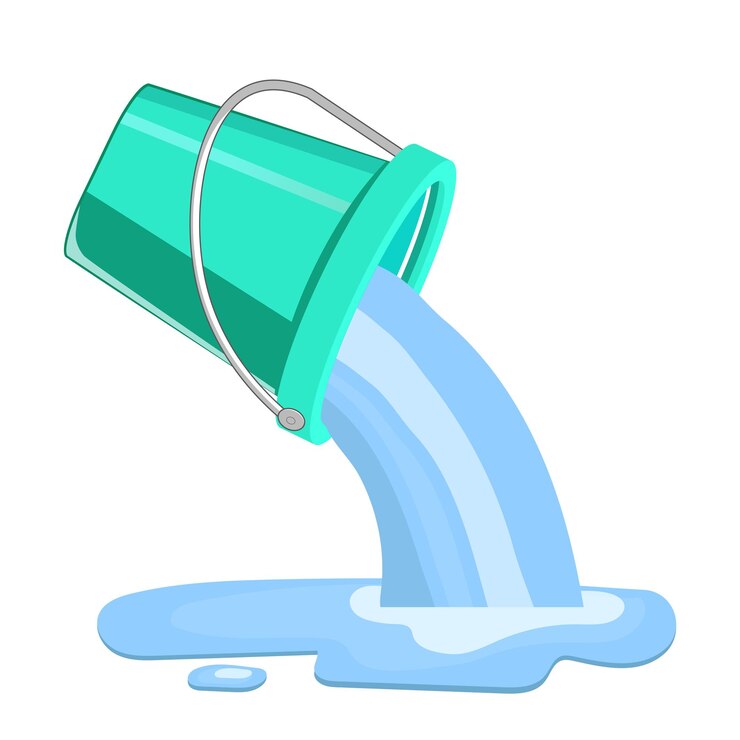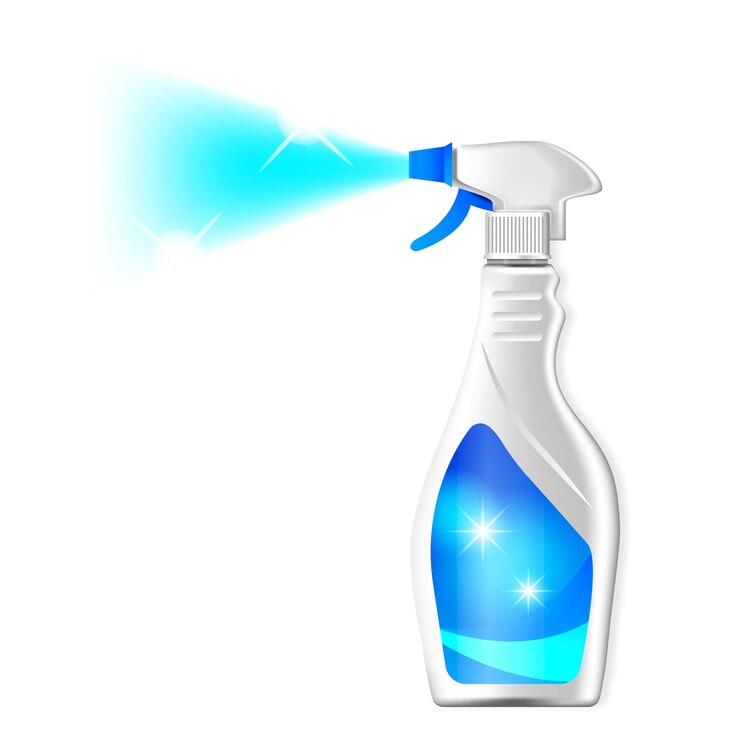Attic Condensate Drain P-Trap Cleaning & Maintenance Guide
⚠️ Important to Note
Also check to make sure all your condensate/drain lines (HVAC's, Tankless Hot Water Heaters, etc.) are clear, leveled properly, and fastened in place, so they can't be moved out of the p-trap they are using for drainage. Call AirSouth https://www.facebook.com/airsouthnow (601-675-5238) and have them re-run, re-level, and fasten all your condensate lines and so they will not move from the p-trap they are using. I highly recommend AirSouth - talk with Paxton.
✨ Simple P-Trap Maintenance Routine (Quarterly)
Why this matters: Over time, your attic's condensate drain P-trap can collect moisture, dust, and organic debris - the perfect breeding ground for algae and mold. If left unmaintained, this buildup clogs the trap, causing condensate water to back up and overflow. When that happens, water can seep through your ceiling, down studs, and into your walls, leading to costly structural damage, soaked insulation, and even hidden mold growth. A few minutes of routine maintenance every 3 months can save you thousands of dollars in repairs - and protect your home from avoidable water disasters.
Do this once every 3 months, or more often if the trap gets heavy use (like an AC condensate drain).
🗓️ Step-by-Step Quarterly Routine:
1. Flush the Trap with Water
- Pour about 1–2 cups of warm water into the trap.
- If it's bone-dry, do 2 cups and wait a minute for it to fill up.

2. Add a Diluted Bleach Rinse
- Mix 1/2 cup of Clorox bleach with 1 cup of cold water.
- Pour it directly into the trap.
- Let it sit for 10–15 minutes to disinfect.

3. Flush with More Water
- Pour another 2–3 cups of cold water to push the bleach through and leave the trap full.

4. Seal with Mineral Oil
- Add 1/2 cup of mineral oil (baby oil works too).
- It floats on top of the water and helps prevent evaporation.

🌿 Optional Monthly Step (Heavy Use Traps)
Use an enzyme drain cleaner once a month (like Bio-Clean, Zep Drain Defense, or Green Gobbler):
- Use it in place of bleach that month, not with it.
- Enzymes eat organic buildup and biofilm—great for warm, damp AC drains.

🔁 Maintenance Frequency Summary
| Task | Frequency |
|---|---|
| Water + Bleach + Mineral Oil | Every 3 months |
| Enzyme Cleaner (optional) | Monthly |
| Quick Water Flush (no bleach) | Monthly if trap is dry |